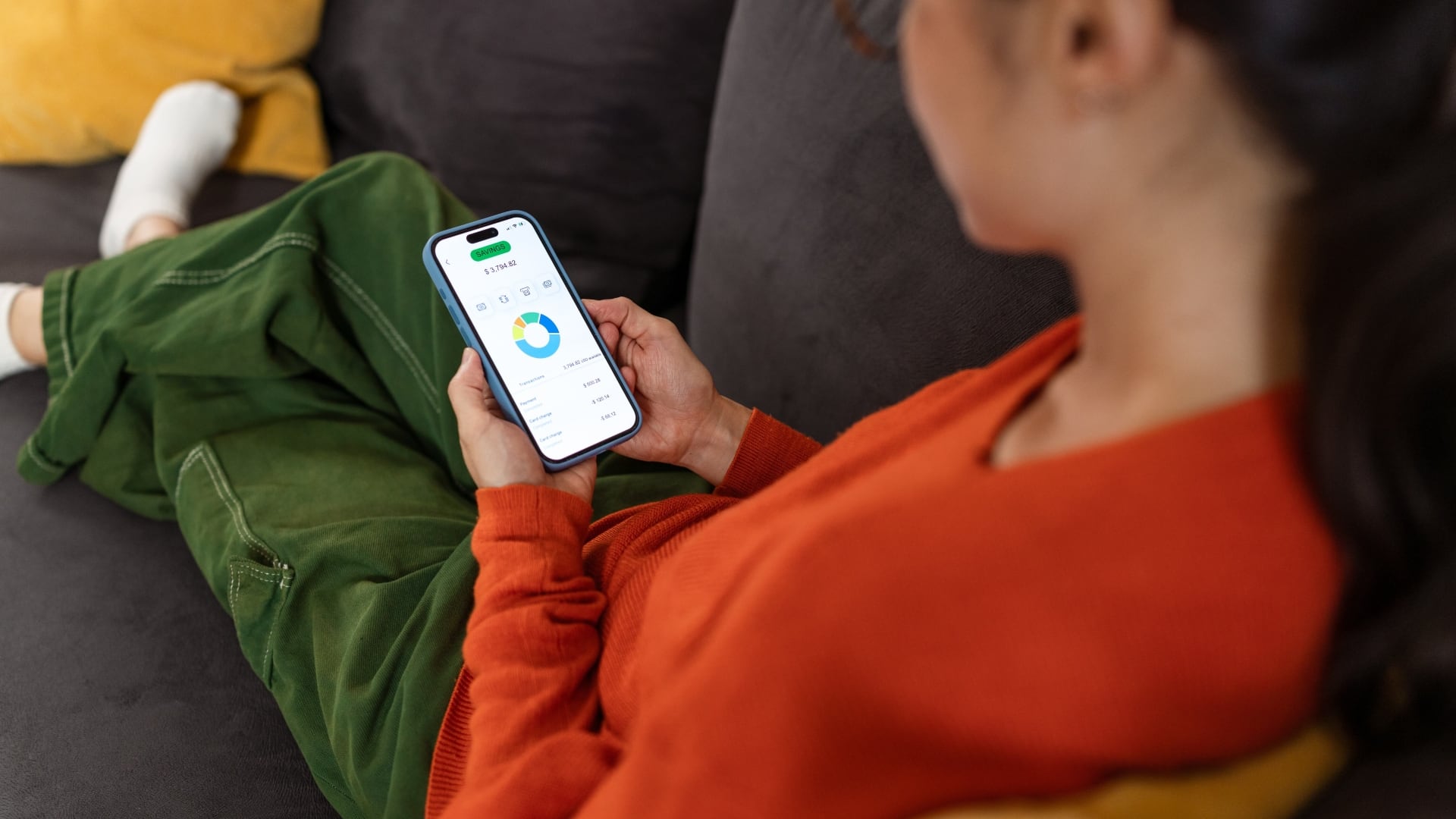By Christopher Rugaber
The number of people seeking U.S. unemployment aid rose slightly last week to 870,000, a historically high figure that shows that the viral pandemic is still squeezing restaurants, airlines, hotels and many other businesses six months after it first erupted.
The figure coincides with evidence that some newly laid-off Americans are facing delays in receiving unemployment benefits as state agencies intensify efforts to combat fraudulent applications and clear their pipelines of a backlog of jobless claims.
California has said it will stop processing new applications for two weeks as it seeks to reduce backlogs and prevent fraudulent claims. Pennsylvania has found that up to 10,000 inmates are improperly receiving aid.
The Labor Department said Thursday that the number of people who are continuing to receive unemployment benefits declined to 12.6 million. The steady decline in that figure over the past several months reflects that some of the unemployed are being re-hired. Yet it also indicates that others have exhausted their regular jobless aid, which last six months in most states.
In addition to those receiving aid on state programs, about 105,000 others were added to an extended jobless-benefits program that provides 13 additional weeks of aid. This program, established in the economic relief package that Congress passed earlier this year, is now paying benefits to 1.6 million people.
Applications for jobless aid soared in the spring after the viral outbreak suddenly shut down businesses across the country, slashed tens of millions of jobs and triggered a deep recession. Since then, as states have slowly reopened their economies, about half the jobs that were initially lost have been recovered.
Yet job growth has been slowing. In most sectors of the economy, employers appear reluctant to hire new workers in the face of deep uncertainty about the course of the virus.
The growing concerns about fraudulent applications for unemployment benefits have focused mainly on a new program, Pandemic Unemployment Assistance. This program made self-employed people, gig workers and contractors eligible for jobless aid for the first time.
Though roughly 14 million people are classified as receiving aid under that program, economists increasingly regard that figure as unreliable and likely inflated by both fraudulent applications and inaccurate counts. The number of people receiving benefits under the PUA program is probably overstated by several million, economists say.









